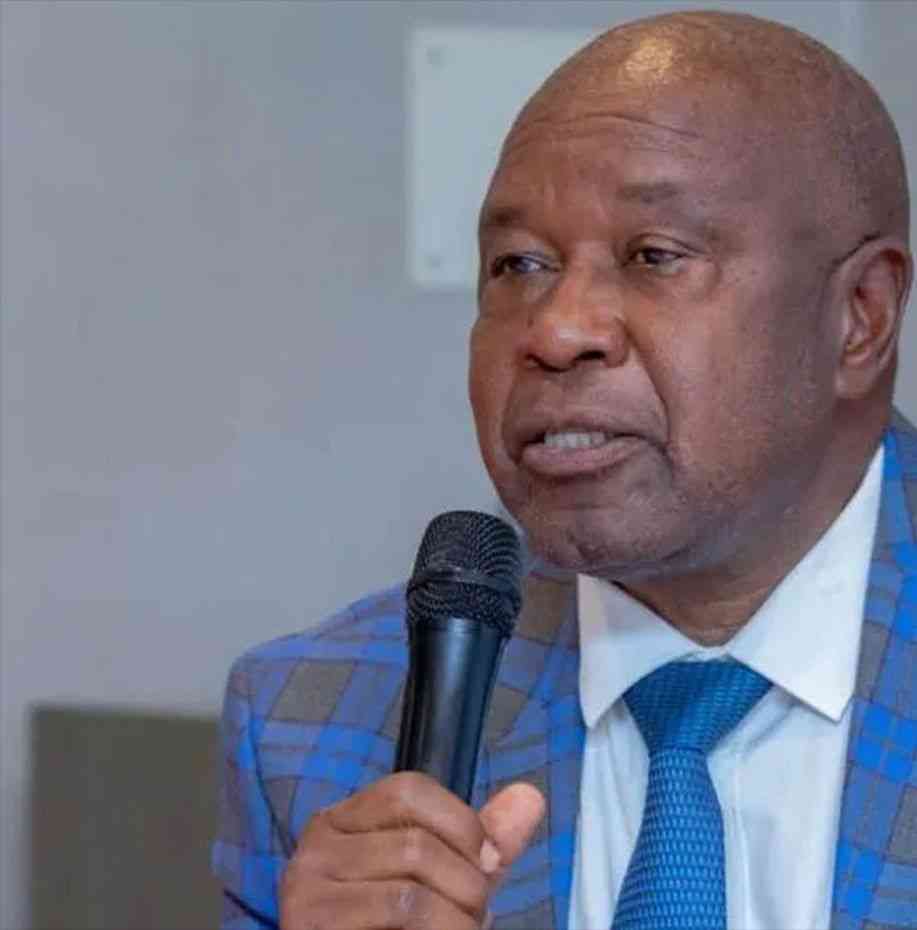
THE Zimbabwe Election Support Network (Zesn) has reiterated the need to amend the recall law to allow citizen participation in the removal of elected officials from Parliament.
The independent election watchdog said this would enhance democracy.
In terms of section 129(1)(k) of the Constitution, legislators can be recalled from Parliament through a letter written by a political party to the Speaker of the National Assembly.
However, Zesn said the law needed to be amended to make it mandatory for the electorate to be involved in the recall of its elected representatives.
“A high-threshold citizen-led recall process for Zimbabwe is more ideal,” Zesn said in its position paper titled: Recalls, Subsequent By-elections, Lessons learnt and Insights into democratic processes in Zimbabwe.
“This will enable citizens to maintain the right of recall as a tool of direct democracy and a reinforcement of representative democracy in a context where politicians largely lack accountability and programmatic delivery.
“However, the recall has to be regulated to avoid political manipulations consistent with semi-democratic States.”
Zanu PF now has a two-thirds majority after the recall of Citizens Coalition for Change (CCC) legislators in factional fights.
- News in depth: Fears of violent 2023 polls grow as ED fails to deliver on promises
- Chamisa party defiant after ban
- Letter to my people: Mthuli Ncube experiment has failed
- News in depth: Slain Moreblessing Ali’s family fears cover-up as children are forced into hiding
Keep Reading
Zesn said the recall law was open to abuse by political parties.
“Consequently, a recall needs to be both difficult to exercise and to be a clear expression of the people's will.”
Opposition CCC supporters protested the recall of their legislators, charging that it was a Zanu PF sponsored plot to weaken the party.
Then CCC leader Nelson Chamisa later dumped the party in frustration saying it had been hijacked.
Zesn said there was a need for substantive grounds for recall.
“In the case of exceptional circumstances, it should only be the people of a concerned constituency that can recall an elected representative through a democratic, participatory and transparent high-threshold citizen-initiated process, not the political party let alone dominant groups within a party that nominated his or her candidature,” Zesn added.










